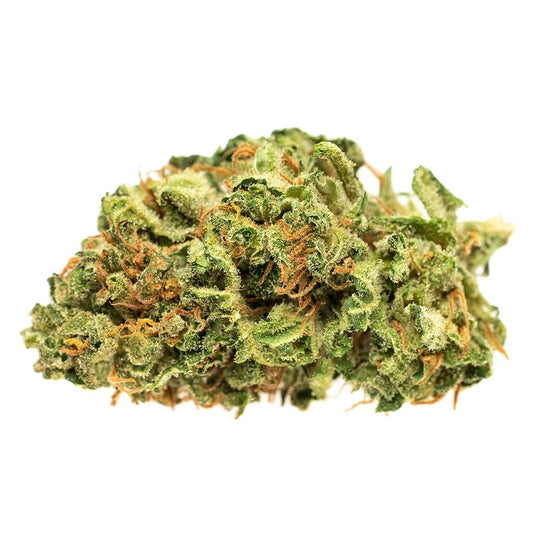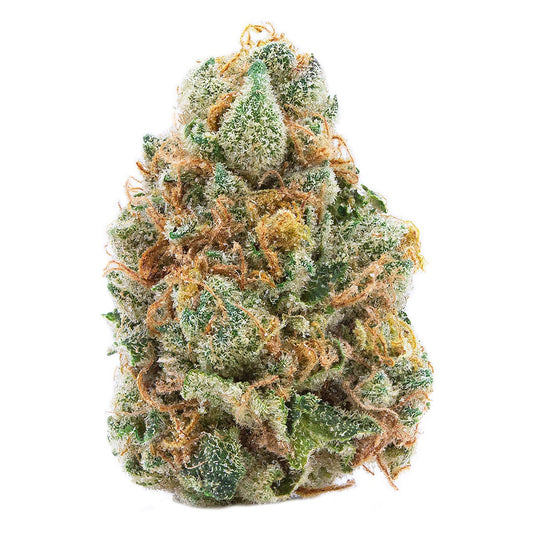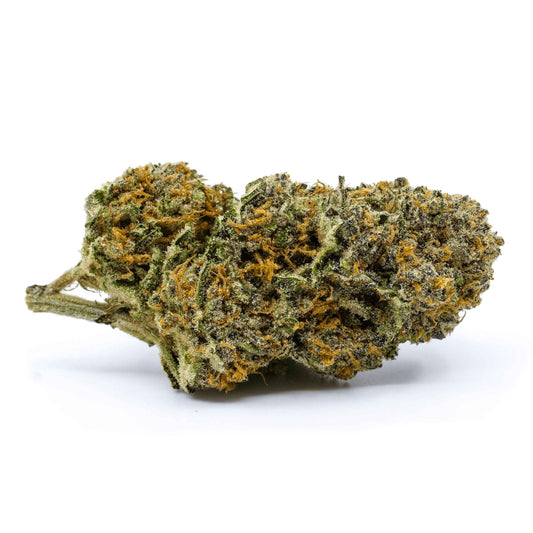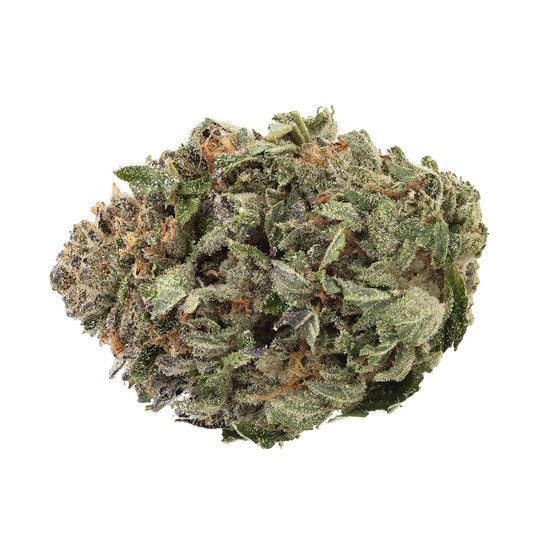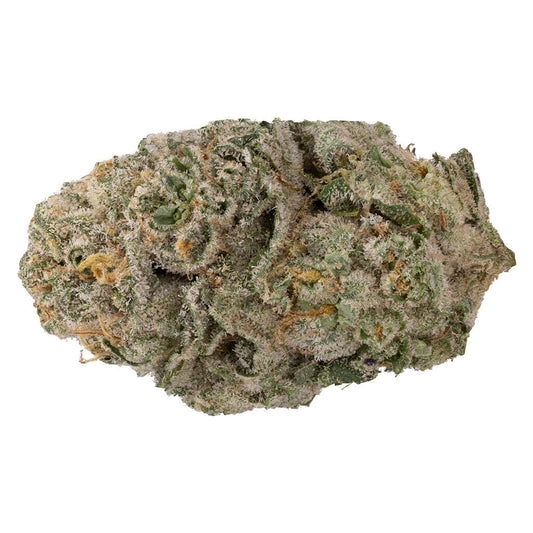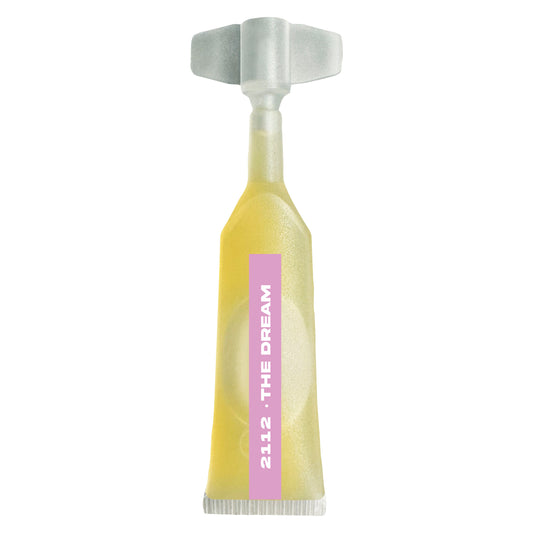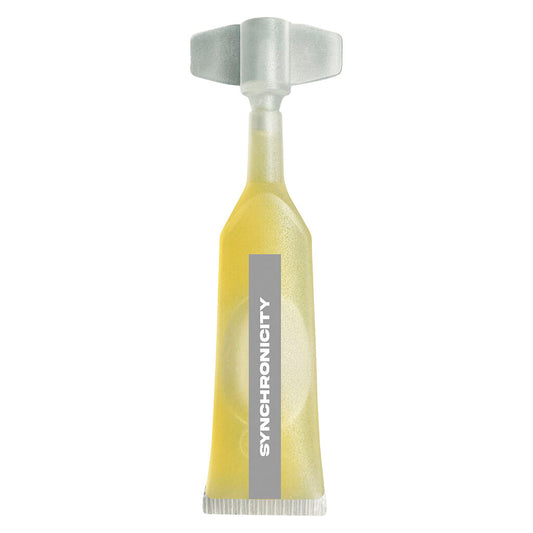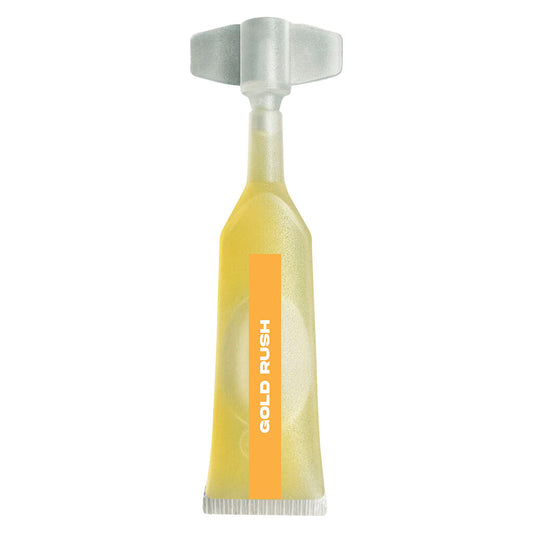As medical cannabis gains traction as a legally prescribed medication in Australia, employees find themselves at odds with workplace policies and social stigma.
With testimonies highlighting the professional challenges they face, there is a growing call for change in how the substance is perceived and treated in the employment arena.
Zhia Zariko, a university lecturer, publicly shared her medical cannabis use in the hopes of combatting the prevalent stereotype of "useless stoners." She stresses the importance of eradicating the stigma and showcasing the positive impact it has on her work.
However, her experience stands in contrast to many. James, a mechanic from New South Wales, faced severe repercussions after disclosing his prescribed cannabis use for anxiety and depression. Despite his declaration and passing a urine drug test, he was suspended with two weeks' pay. James’ case illustrates the dilemma many face: having to choose between essential medication and their career.
Similarly, Michael, an electrician from Victoria, navigates the daily risk of failing a drug test. After being informed that staff couldn't consume THC products - the component responsible for cannabis' high - he's been discreetly using THC-infused medical cannabis at night to aid his sleep.
The core challenge lies in THC detection, which can be found in urine tests up to a month after consumption. This implies potential penalties for employees, despite the effects having dissipated. As a result, medical cannabis users can be mistakenly classified as having ingested an illegal substance.
Workplace sectors, particularly transport and mining, mandate drug testing due to legislative demands, whereas others integrate tests as part of their occupational health and safety protocols. Although employees can contest dismissals deemed unreasonable based on cannabis use, it may take a victorious discrimination lawsuit to catalyze substantial reform, opines lawyer Mat Henderson.
Zariko's personal life mirrors these professional challenges. Her partner, another medical cannabis user, has been unable to pursue many manual labour roles due to the prevalence of drug tests. As the sole breadwinner, Zariko acknowledges the precariousness of their situation.
The Legalise Cannabis party has initiated a push for reformation, advocating that medical cannabis be equated with other prescribed medicines, eliminating employment barriers for non-impaired users. Their stance is that without a proper impairment test for cannabis, prescribed users continue to face undue job risks.
David Ettershank, a member of the Victorian Legalise Cannabis party, emphasizes the need to differentiate between medicinal use and illicit drug consumption. As medical cannabis serves therapeutic purposes for many Australians, the call for its acceptance in workplaces is growing louder.

The upcoming debate in the Victorian parliament’s upper house, aiming to review workplace drug testing regulations concerning medical cannabis, signals a possible shift towards more inclusive policies.
However, until definitive changes are established, many Australians are caught in the crossfire, grappling with the choice between health and job security.
To read the original article from The Guardian, click here.















